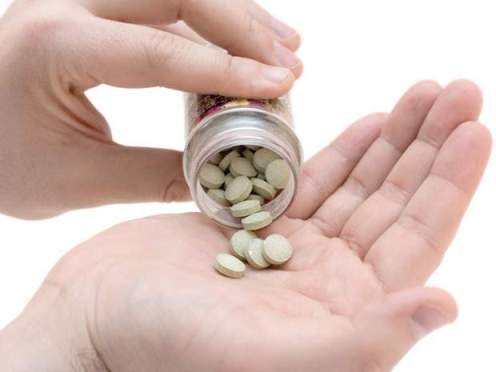When speaking of “complete treatment” doctors often think that patients have no more doubts. However many times this is not so and patients must deal with questions and problems of all kinds: from the lack of money for access to the complete series of drugs up to think, in good faith, they already feel better and not further treatment is necessary or, simply, is complex comply with a medicines that involves various pills at various times.
Problems related to the right taking medicines called technically “lack of adherence to treatment” and in many cases this problem can cause a disease take longer to heal or cause complications or reduce the quality of patient life.
The antibiotics
With certain medications is, yet, more important to complete the next decision cycle strictly as indicated by your doctor. Typically occurs with antibiotics after a few days of taking them, the patient feel better, saw their improved and be tempted to stop the pills thinking that the disease “is now cured”.
However in the case of bacterial infections this idea may be wrong and even dangerous. It is absolutely necessary to take the entire dose of antibiotics, over the days required, as indicated by the doctor as if a group of bacteria survive treatment is likely to become resistant to that antibiotic, multiply and again infect, this time more seriously, to the person.
This is how, in the case of antibiotics, it is vital to take every dose even if the patient feels better. It is also important not share antibiotics with other people as is not the physician has prescribed, or store the drug for a future opportunity.
AIDS
In the case of people carrying the AIDS virus, you need to follow in detail taking medications in the form and times indicated by the doctor.
Also in this disease skip doses or stop taking a while a drug can generate the strain of the virus to become resistant and it complicate the health in the future.
Tips for all
- Communicate well with your doctor: If side effects of medication are bothersome need to talk to your doctor or pharmacist to find ways to reduce or avoid this problem. Sometimes it is possible to change the medication or change the dose thereof.
- Make sure you understand the times of medication. Some questions to be clear: Is it necessary to complete the blister or I can stop taking it once I feel better? Can I buy another pack at the end of the dose or choose smart drug delivery systems? How many days should I take?
- Establish a routine of taking medication. It may be useful to take medication normally attach to everyday activities such as lunch or dinner or going to bed. You can also save some doses of the drug at the workplace to avoid oversights.
- Keep medicines in visible places in the house. If a drug must be taken with food, the place that medication can “remember” more easily, is putting on the dinner table or on the kitchen countertop.
- If there are drugs to be taken in the morning, one possibility is to place them in the bathroom, next to the toothbrush or deodorant. Use daily dosage containers. These are available in most pharmacies and allow you to keep drugs in compartments that are marked with the days of the week and remember without doubt the different doses.
- Always keep on hand, or in the computer, a reminder with the times indicated by the doctor to take each medication.
